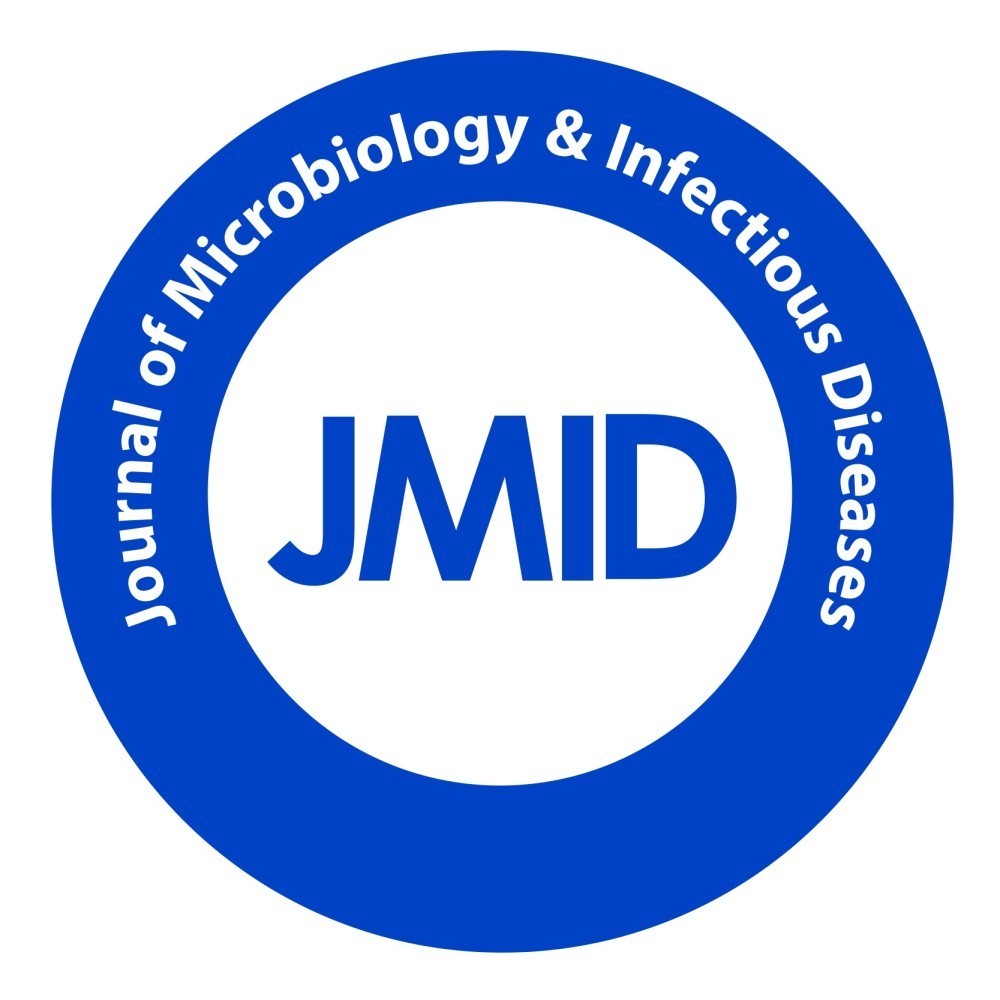
Protection of Research Participants (Statement On Human And Animal Rights)
Protection of Research
Participants (Statement on Human and Animal Rights)
The Journal of Microbiology and Infectious Diseases
(JMID) places paramount importance on the ethical conduct of research involving
human and animal participants. This comprehensive statement outlines JMID's
commitment to upholding the rights, welfare, and dignity of all individuals and
animals involved in research. By adhering to rigorous ethical standards, JMID
seeks to ensure the responsible and humane treatment of research participants,
fostering trust and integrity in the scientific community.
1. Human Research
Participants
1.1. Ethical Framework
JMID adheres to a robust ethical framework for the
protection of human research participants, guided by internationally recognized
principles outlined in documents such as the Declaration of Helsinki and the
Belmont Report. These principles emphasize respect for autonomy, beneficence,
and justice, forming the foundation of ethical human research.
1.2. Institutional Review
Board (IRB) Approval
All research involving human participants submitted to
JMID undergoes thorough review and approval by an Institutional Review Board
(IRB) or Ethics Committee. The IRB assesses the ethical soundness of the
research design, consent procedures, and potential risks and benefits to
participants, ensuring compliance with ethical guidelines.
1.3. Informed Consent
JMID requires researchers to obtain informed consent
from all human participants involved in research. The informed consent process
is designed to provide comprehensive information about the study, including its
purpose, procedures, potential risks, benefits, and the voluntary nature of
participation. Participants are explicitly informed of their right to withdraw
at any time without repercussions.
1.4. Vulnerable
Populations
JMID recognizes the need for additional safeguards
when involving vulnerable populations, such as children, pregnant women,
prisoners, and individuals with cognitive impairments. Special considerations
are taken to ensure their protection, and additional approvals may be required
from legal guardians or advocates.
1.5. Privacy and
Confidentiality
The confidentiality of participant information is a
top priority at JMID. Researchers are obligated to implement measures to
protect the privacy of participants, ensuring that individual identities and
sensitive information remain confidential. Consent forms explicitly address the
measures in place to safeguard participant privacy.
2. Animal Research
Participants
2.1. Ethical Treatment of
Animals
JMID is committed to ensuring the ethical treatment of
animals in research, adhering to established guidelines such as the Guide for
the Care and Use of Laboratory Animals. Researchers are required to follow
principles of replacement, refinement, and reduction (the 3Rs) to minimize the
use of animals and mitigate potential harm.
2.2. Institutional Animal
Care and Use Committee (IACUC) Approval
Research involving animals submitted to JMID undergoes
review by an Institutional Animal Care and Use Committee (IACUC) or equivalent
ethical oversight body. The IACUC evaluates the ethical implications of the
research, considering factors such as the necessity of the study, potential
benefits, and measures to minimize animal suffering.
2.3. Humane Endpoints and
Procedures
Researchers are expected to define humane endpoints in
animal studies, ensuring that the well-being of animals is prioritized.
Measures should be in place to minimize pain, distress, and discomfort, and
researchers must justify the use of procedures that may cause harm to animals.
2.4. Reporting Standards
JMID requires researchers to adhere to reporting
standards, providing detailed information about the methods used in animal
studies. Transparent reporting enables readers to assess the ethical
considerations and validity of the research, contributing to the overall
integrity of scientific inquiry.
3. Ethical Oversight and
Continuous Improvement
3.1. Ethical Monitoring
JMID is committed to ongoing ethical monitoring of
research involving human and animal participants. This includes regular reviews
of research protocols, informed consent procedures, and adherence to ethical
guidelines. Any concerns or deviations are promptly addressed to ensure the
highest ethical standards.
3.2. Community Engagement
JMID actively engages with the scientific community,
ethical oversight bodies, and the broader public to foster awareness and
understanding of ethical considerations in research. Educational initiatives,
workshops, and outreach programs contribute to a culture of responsible and
transparent research conduct.







